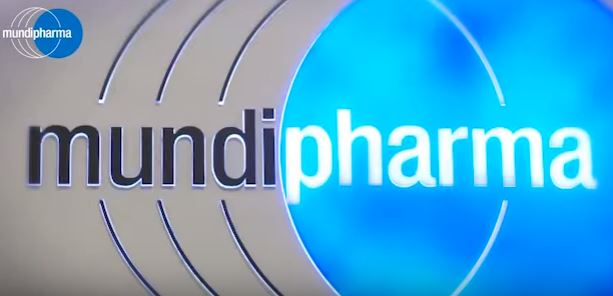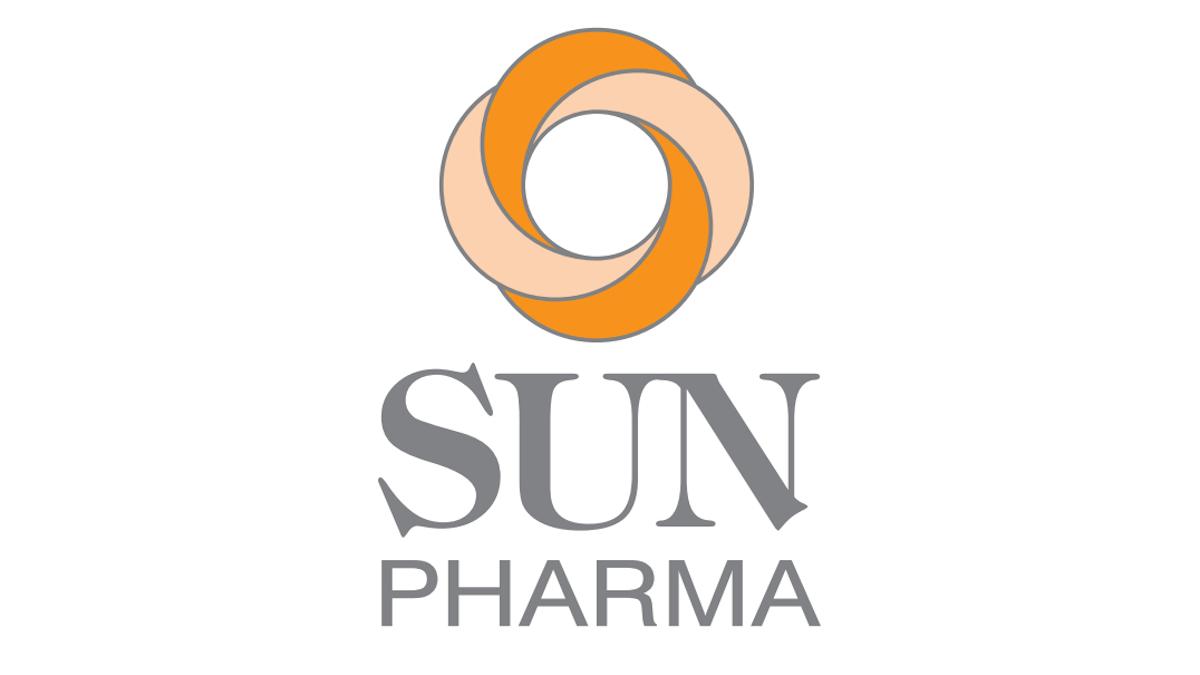Mundipharma buys Spanish biosimilars firm Cinfa Biotech

Mundipharma, a network of independent pharma companies, has bought Spanish biosimilars development company Cinfa Biotech.
The deal will see Mundipharma, which includes NAPP Pharmaceuticals in the UK, gain access to a biosimilar to Amgen’s Neulasta (pegfilgrastim).
Pelmeg (BI2019) is highly likely to be approved in Europe in the coming months after receiving a CHMP recommendation late last month.
The market for pegfilgrastim outside the US is worth around $603 million, and is an easy target for companies marketing biosimilars as patents on the original drug have expired. No further financial details were disclosed.
Mundipharma already markets two biosimilars through a partnership with South Korea’s Celltrion – Remsima, a biosimilar of MSD’s Remicade (infliximab), and Truxima, a biosimilar of Roche’s Rituxan (rituximab).
Cinfa Biotech was created in 2013 as part of Spain’s Cinfa Group and conducts biosimilars development and manufacturing exclusively in Europe.
Aside from Pelmeg, Cinfa has one other undisclosed biosimilar in its pipeline.
Mundipharma’s president and CEO Alberto Martinez said: “Our biosimilars platform is a key component of our growth strategy and today’s acquisition is the obvious next step in us ensuring we remain agile and innovative in the biosimilars space.
“We have successfully demonstrated our commercial excellence in biosimilars by building a market leading platform. Through our partnership with Celltrion on Remsima and Truxima we estimate savings for healthcare systems of approximately 330m euros from launch to the end of 2017.
“By acquiring Cinfa Biotech we have now taken the first step in our plans to not only expand our biosimilars footprint, but to develop future biosimilars which will continue to afford healthcare systems further savings and, in some cases, wider access for patients.”
Pegfilgrastim is a longer-lasting pegylated version of granulocyte-colony stimulating factor (G-CSF) for treatment of chemotherapy-induced neutropenia.
It works by stimulating the bone marrow to produce more neutrophile, reducing the risk of incidence of infection.












